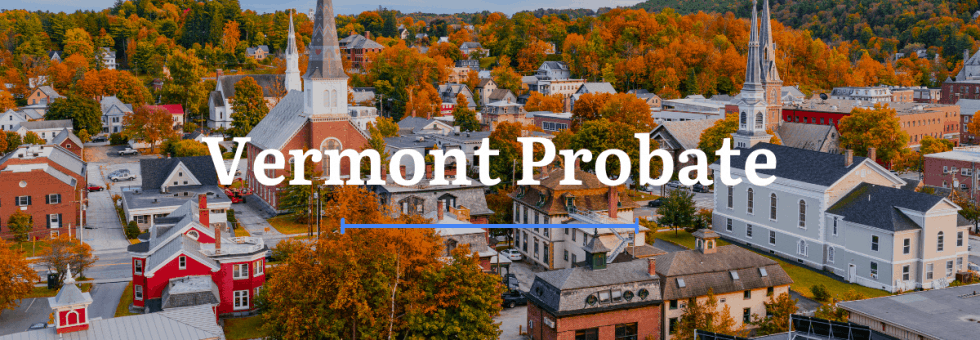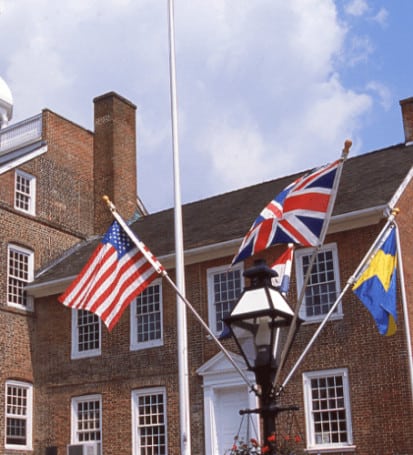
Missouri Probate Laws, Important Timelines and Early Distribution Resources
Being told that you have to go through probate after you’ve suffered the loss of a loved one can be devastating. Now you have legal
Calculate your Cash Advance with our Inheritance Calculator
When someone you care about has died, it’s normal to feel sad and need time to start feeling better. But some essential things must be taken care of because of the rules. If the person who passed away had possessions and property, these things have to be sorted out legally, and this process is called probate.

An inheritance cash advance is your best option when you need an influx of cash following the death of a loved one. The cash can be used for anything you deem necessary.
Fill Out The Form Below And Receive Funds Within 24 Hours!
If you are an heir to an estate in Vermont, you no longer need to wait for probate to close before you can use your inheritance. With an inheritance advance from Inheritance advanced you can access your money in as little as 24 hours. You decide how much of your inheritance you’d like to access early and we’ll go to work for you right away. Whether you need the money for everyday bills, would like to go on vacation, need to purchase or fix a vehicle, etc., there are no restrictions on how you use your money. We’ve advanced money to over 2,000 heirs just like you and many of those heirs live in Vermont. We’re more than happy to walk you through the Vermont probate process and answer all of your questions regarding probate in Vermont. Give us a call or fill out the form below to get started.
When someone you care about has died, it’s normal to feel sad and need time to start feeling better. But some essential things must be taken care of because of the rules. If the person who passed away had possessions and property, these things have to be sorted out legally, and this process is called probate.

Being told that you have to go through probate after you’ve suffered the loss of a loved one can be devastating. Now you have legal

Being told that you have to go through probate after you’ve suffered the loss of a loved one can be devastating. Now you have legal

Being told that you have to go through probate after you’ve suffered the loss of a loved one can be devastating. Now you have legal

Being told that you have to go through probate after you’ve suffered the loss of a loved one can be devastating. Now you have legal

Being told that you have to go through probate after you’ve suffered the loss of a loved one can be devastating. Now you have legal

Being told that you have to go through probate after you’ve suffered the loss of a loved one can be devastating. Now you have legal
Inheritance Advanced is an inheritance funding company, not a lender. We offer Inheritance Cash Advances which are a new and innovative option for heirs to receive the immediate cash they need during challenging times. This program allows an heir the benefit of receiving immediate money, in exchange for their future inheritance.
Inheritance advances are a way for heirs to receive immediate funds without providing credit or employment verification and they don’t require collateral. You also will not be responsible for high monthly interest payments like probate loans or inheritance loans.